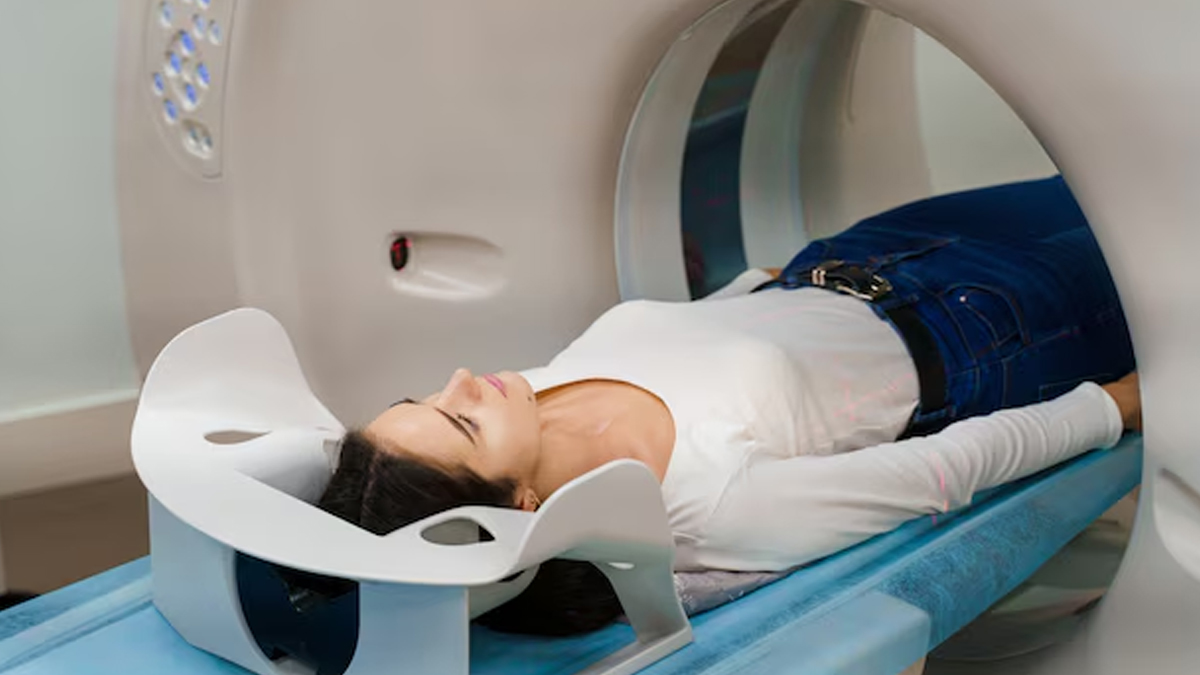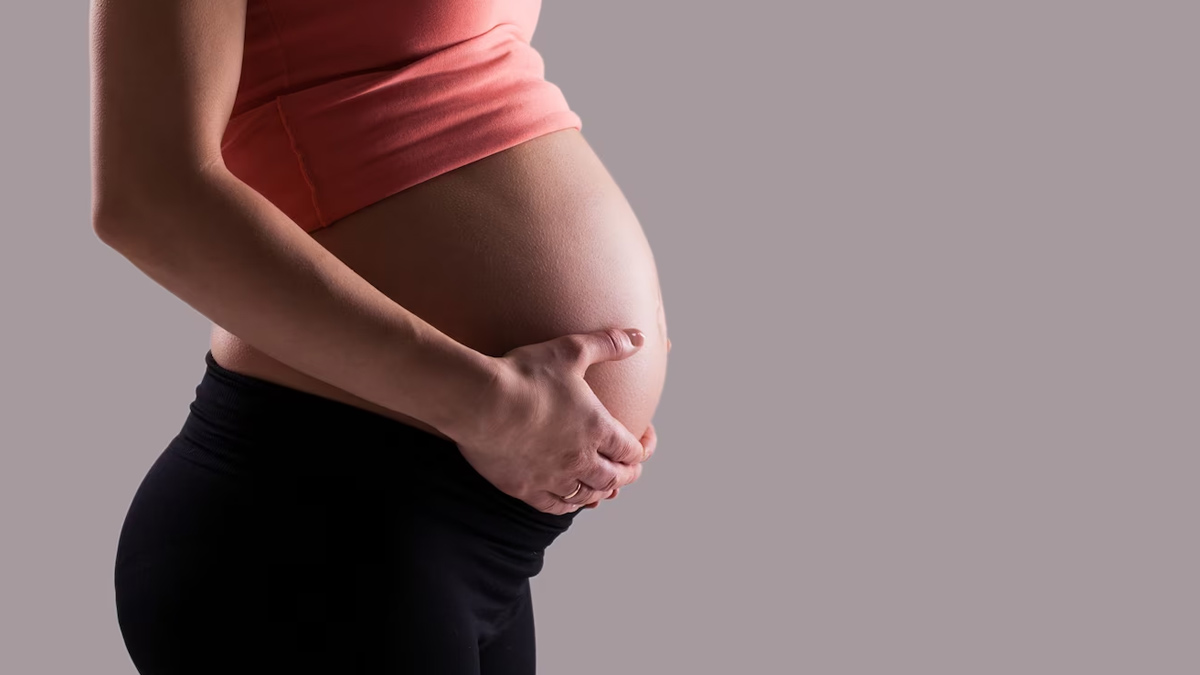
Pregnancy is a period of joy, anticipation, and an uninterrupted stream of advice. Among the numerous anxieties faced by expectant mothers, one of the most common issues of concern is the fear of radiation exposure. From airport scanners to mobile phones and X-rays, myths tend to create unwarranted panic. Hence, we exclusively got in touch with our expert, Dr. Aarthi Govindarajan, MDRD, EDiR, Chief Radiologist, Aarthi Scans & Labs - Chennai, to untangle the facts, clear common misconceptions, and understand safe options for expectant mothers. Here is what she shared with us.
Table of Content:-
Myths vs Facts Around Radiation in Pregnancy
Myth 1: Mobile phone use hurts the baby.
Though mobile phones do give off non-ionising radiation, scientific research does not prove that their use during pregnancy causes fetal harm. Being moderate and using a hands-free option can further reduce exposure.
Non-ionising radiation is a type of low-energy radiation that does not have enough energy to remove electrons from atoms, and includes sources like mobile phones, Wi-Fi, and microwaves.
Myth 2: Airport security scanners are harmful.
Most airport scanners emit extremely low levels of non-ionising radiation, which are deemed safe for pregnant women. The real exposure to radiation is much lower than any level that could be harmful to a growing fetus.
Also Read: Why Is My Child Always Sick? Is It Low Immunity Or Something More; Expert Weighs In

Myth 3: All medical imaging is unsafe.
Dr Govindarajan explained that this myth has absolutely no logic behind it. Although unnecessary radiation is always to be avoided, diagnostic studies such as dental X-rays, ultrasound, and even chest X-rays when there is a medical need and there is shielding, are safe.
Facts Around Radiation in Pregnancy
Radiation exists in two primary types. These include:
- Ionising radiation (e.g., X-rays, CT scans, nuclear medicine): At high doses, it can be dangerous for a developing fetus, particularly in the first trimester. But medical procedures employ amounts well below hazard levels in most cases.
- Non-ionising radiation (e.g., microwaves, mobile phones, Wi-Fi, ultrasound): Existing studies provide no evidence of adverse effects on pregnancy if used within normal safety guidelines.
“Physicians seriously balance advantages against disadvantages before they can suggest any radiation-related procedure for use during pregnancy,” Dr Govindarajan noted.

Secure Options for Pregnant Women
Additionally, Dr Govindarajan also recommended some safe options for pregnant women. These include:
- Medical Advice First: Always let medical professionals know about pregnancy before receiving X-rays or scans.
- Choose Alternatives When Available: Ultrasound and MRI (without contrast agent) are frequently safer diagnostic options.
- Smart Use of Technology: Avoid unnecessary prolonged phone use, hold devices at some distance from the body, and use speaker mode or headsets.
- Trust Shielding Precautions: Lead aprons and shields in medical environments lower radiation exposure considerably.
- Stay Informed, Not Alarmed: Use evidence-based information instead of hearsay or internet rumours.
Bottomline
Pregnancy does not mean living in fear of every electronic device or medical scan. With proper precautions and medical supervision, the risks associated with radiation are minimal. The real key lies in distinguishing myths from facts, so that mothers-to-be can focus on nurturing life without unnecessary anxiety.
Also watch this video
How we keep this article up to date:
We work with experts and keep a close eye on the latest in health and wellness. Whenever there is a new research or helpful information, we update our articles with accurate and useful advice.
Current Version